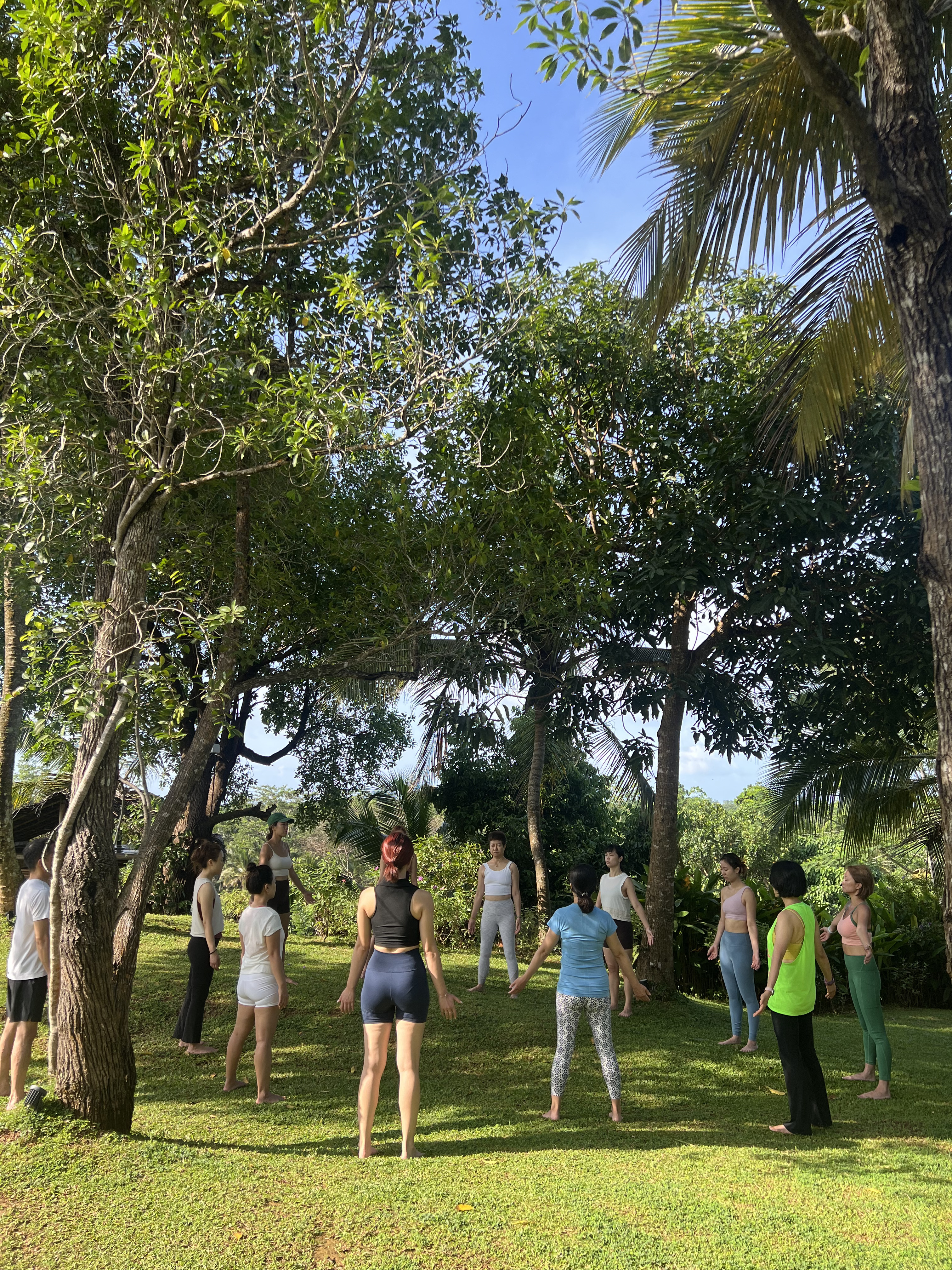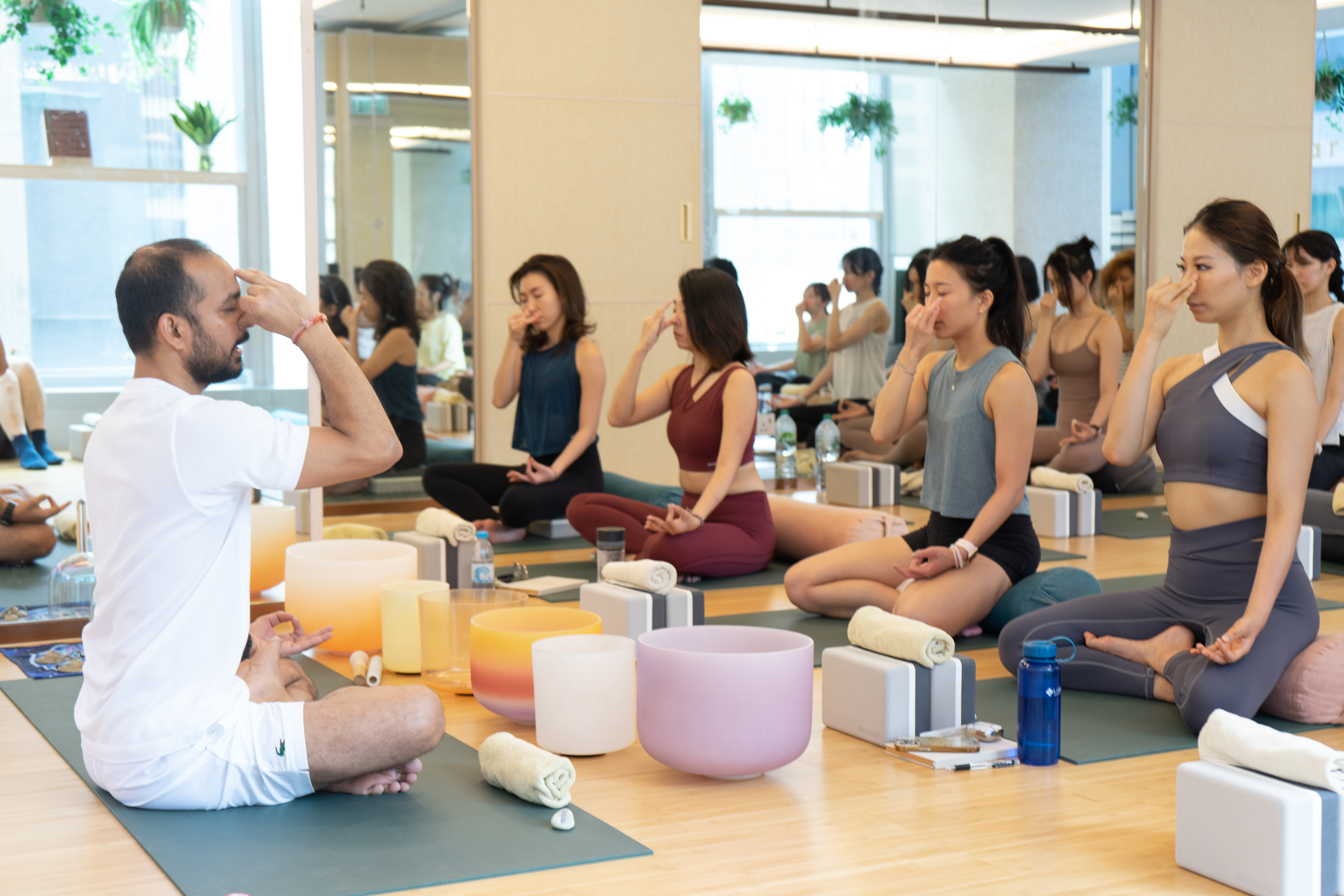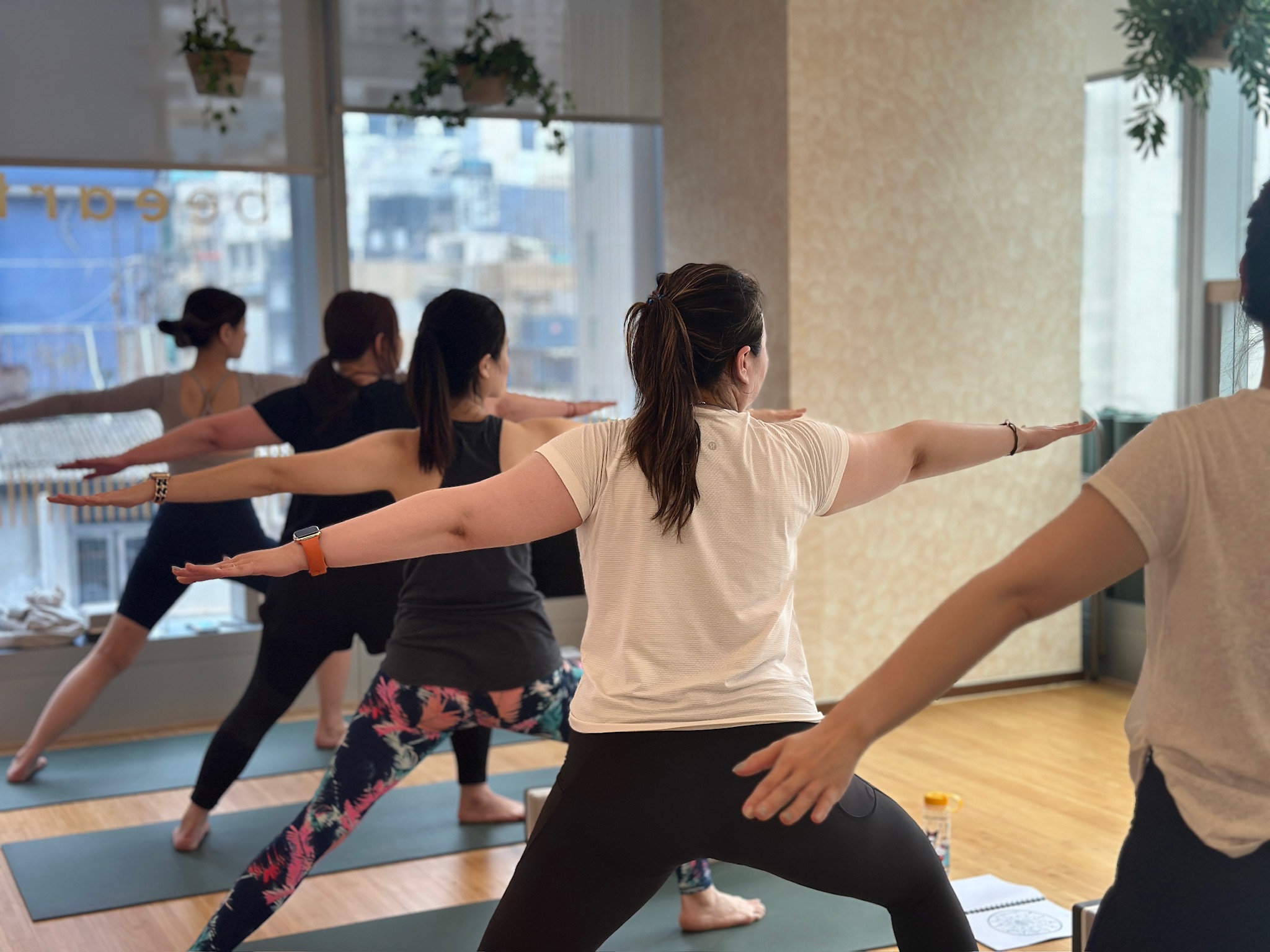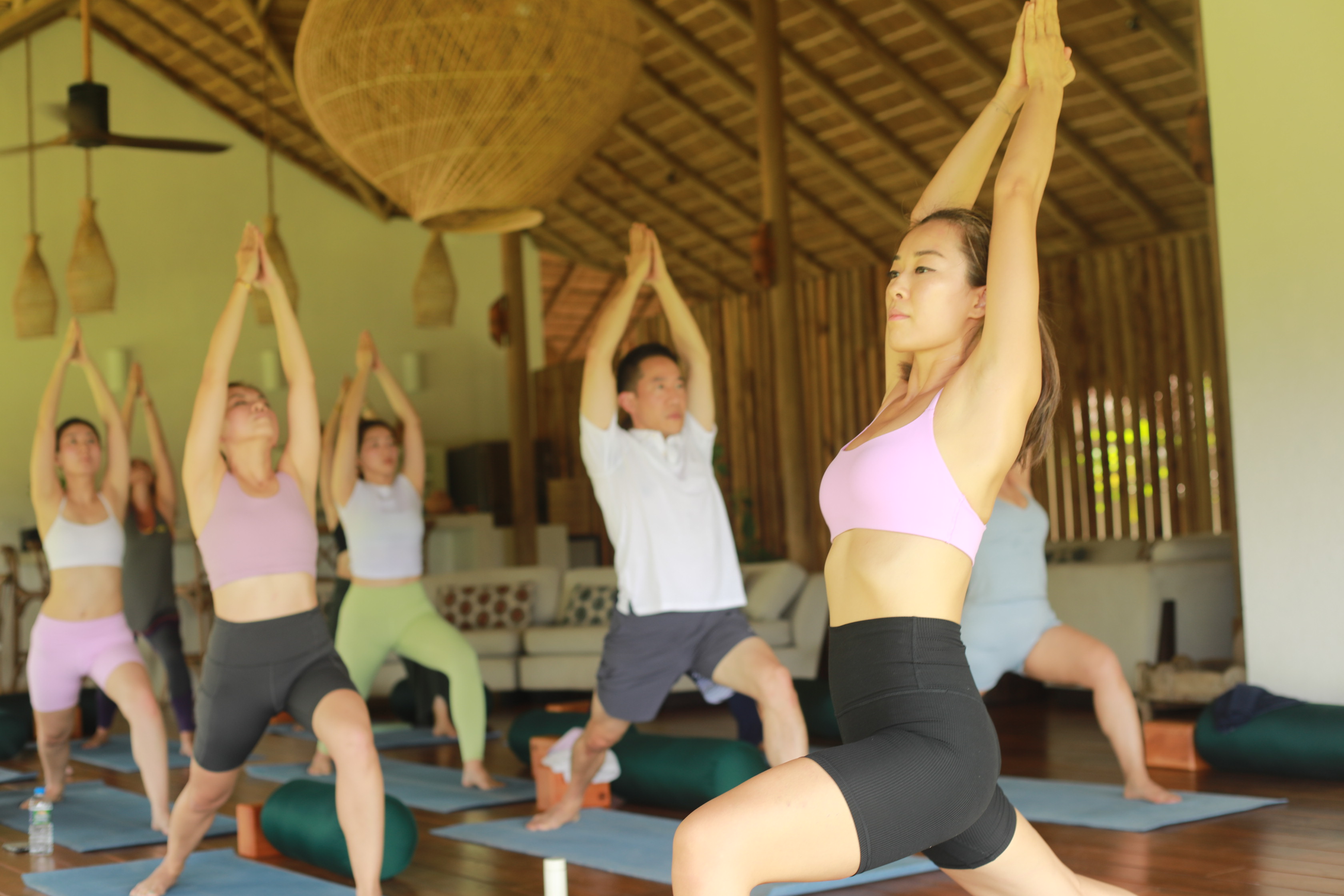Understanding Mindfulness
Mindfulness is the practice of being fully present and engaged in the moment, without judgment. It encourages awareness of our thoughts, feelings, and bodily sensations, allowing us to respond to life’s challenges with greater clarity and calmness. By cultivating mindfulness, we can enhance our overall wellbeing, reduce stress, and improve our mental health.
The Connection Between Mindfulness and Wellbeing

1. Reduces Stress and Anxiety
Mindfulness practices, such as meditation and deep breathing, can significantly lower stress and anxiety levels. By focusing on the present moment, we can break the cycle of worry and negative thinking that often contributes to feelings of overwhelm. Regular mindfulness practice helps train our minds to respond to stress with a sense of calm and resilience.
2. Enhances Emotional Regulation
Practicing mindfulness allows us to observe our emotions without becoming overwhelmed by them. This heightened awareness can lead to better emotional regulation, enabling us to respond to situations more thoughtfully rather than reactively. This practice helps us develop healthier relationships and boosts our overall emotional wellbeing.
3. Promotes Physical Health
Mindfulness is associated with numerous physical health benefits, such as reduced stress levels, better sleep quality, and improved immune function. By alleviating stress and promoting relaxation, mindfulness can inspire healthier lifestyle choices that contribute to overall wellbeing.

Practical Tips for Embracing Mindfulness
1. Start Your Day with Intention
Begin each day by setting a mindful intention. Take a few moments to breathe deeply and reflect on what you hope to achieve. This simple practice can help you approach your day with a clear mind and purpose.
2. Incorporate Mindful Breathing
Throughout your day, take breaks to practice mindful breathing. Even just a few minutes of deep, intentional breaths can help you reset and refocus. Pay attention to the rhythm of your breath and how it feels in your body.
3. Practice Gratitude
Incorporate a gratitude practice into your daily routine. Take time each day to reflect on what you are thankful for. This practice can shift your focus from stressors to positive aspects of your life, enhancing your overall wellbeing.
4. Engage in Mindful Movement
Integrate mindfulness into your physical activities, whether it’s through yoga, walking, or dancing. Explore our new Mat Pilates class, which emphasizes core strength and body awareness, or join our Chakra Balancing Yoga sessions that focus on aligning your energy while promoting mindfulness. These enriching practices not only boost your physical health but also cultivate a deeper sense of presence and awareness in your movements, enhancing your overall wellbeing.
5. Create a Mindful Evening Routine
End your day with a mindful evening routine. Set aside time to unwind, reflect on your day, and engage in calming activities such as reading, meditating, or journaling. This can help you transition into a restful night’s sleep.
Prioritizing wellbeing through mindfulness is a powerful way to enhance both physical and mental health. By cultivating awareness, we can reduce stress, improve emotional regulation, and deepen our connections with ourselves and others. Start incorporating these practices into your daily life to experience the transformative benefits of mindfulness. Remember, small steps can lead to significant changes in your overall quality of life. Embrace this journey and prioritize your wellbeing today!








